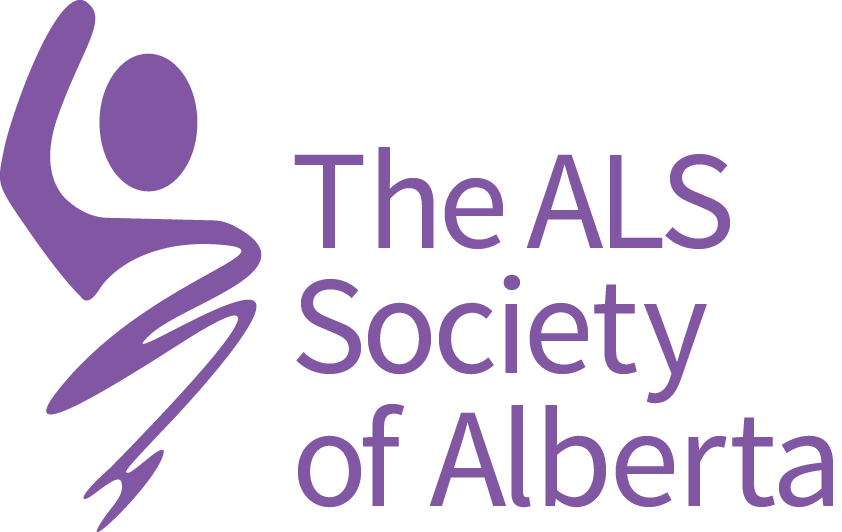The results of the 2017 funding competition for Canadian ALS research was announced today. Twelve exciting projects were chosen, including a multi-year study of a promising drug combination, three trainee grants that will help to nurture the next generation of Canadian ALS researchers currently pursuing their PhDs, two projects that will explore how ALS treatments could be delivered through the bloodstream, and an initiative that seeks to understand why the muscles of the eyes are often more resilient to ALS as other muscle groups shut down.
These projects were made possible by the contributions from the ALS Societies across Canada and matching funds by Brain Canada, including the 40 per cent of proceeds dedicated from the WALK for ALS and Betty’s Run for ALS.
The research being funded in 2017 seeks to answer the following questions that will help to move us from greater understanding of ALS to the development of therapies for human use:
• Can adjusting the levels of a “guardian” protein protect a protein that becomes toxic in most cases of ALS? $125,000 awarded to Dr. Marco Prado with collaborators Dr. Martin Duennwald and Dr. Flavio Beraldo, all from Western University
• Can image-guided focused ultrasound technology be used safely in people living with ALS as a means of delivering future treatment? $124,948 awarded to Dr. Lorne Zinman with collaborators Dr. Nir Lipsman, Dr. Kullervo Hynynen, Dr. Sandra Black, Dr. Todd Mainprize, and Dr. Agessandro Abrahao, all from the University of Toronto
• Can microscopic bubbles in our bodies be used to deliver ALS treatments through the bloodstream? $125,000 awarded to Dr. Derrick Gibbings with collaborators Dr. Baptiste Lacoste and Dr. Maxim Berezovski, all from the University of Ottawa
• Could targeting the activity of motor neurons in the spinal cord be a new way to diagnose and treat ALS? $125,000 awarded to Dr. Yves De Koninck, Université Laval
• Could the change in communication processes between motor neurons and the immune cells of the nervous system after an ALS diagnosis help to identify new treatment targets? $124,930 awarded to Dr. Stefano Stifani, McGill University
• Could touchscreen technology help to improve testing for the cognitive impairment that occurs in some cases of ALS? $110,770 awarded to Dr. Flavio Beraldo with collaborators Dr. Marco Prado and Dr. Vania Prado, all from Western University
• Could whole genome sequencing reveal new areas of genetic mutations that make some people more likely to develop ALS? $75,000 awarded to Jay Ross, a PhD student in Dr. Guy Rouleau’s lab at McGill University
• How might misfolded proteins that occur in ALS cause cells to die? $50,000 awarded to Sonja Di Gregorio, a PhD student in Dr. Martin Duennwald’s lab at Western University
• What can we learn from mice that are able to walk almost normally despite significant loss of motor neuron function? $125,000 awarded to Dr. Turgay Akay, Dalhousie University
• Why are eye muscles more resistant to ALS, and what can we learn about this that could help to preserve the function and use of other muscles? $121, 048 awarded to Dr. Richard Robitaille with collaborator Danielle Arbour, both from Université de Montréal
• Will probiotics that improve ALS symptoms in worms also work in mice? $75,000 awarded to Audrey Labarre, a PhD student in Alex Parker’s lab at the Université de Montréal

